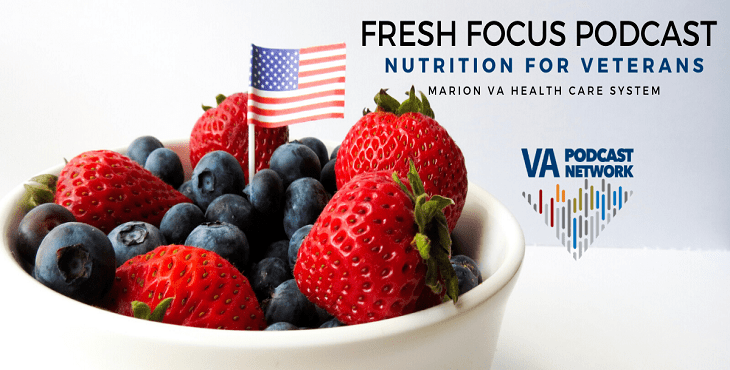In this episode of Fresh Focus, Tori Stewart, a home-based cardiac rehab dietitian, lays out the different types of protein, why they are important, and provides insight into how much we should be aiming to eat each day.
Protein is considered one of life’s building blocks and is found in every cell of our bodies. It has many important functions and benefits, such as helping with muscle tissue repair, growth, and maintenance. It also prevents muscle loss and helps keeps your blood sugar balanced. Along with amino acids, it’s also essential for the formation of hormones, enzymes, neurotransmitters, antibodies, transport proteins, nucleic acids (DNA, RNA), and for structural proteins (which are found in hair, nails, connective tissue).
Protein plays a huge role in weight management. It helps reduce appetite and curb cravings – because it requires the most calories to digest. Furthermore, since protein helps preserve lean body mass, it can help to make sure that the weight you lose is mostly fat.
While protein has clear benefits, there are certain sources that are better for you than others. Good sources include foods such as meat, dairy products, legumes, grains, nuts, seeds and some vegetables. Some less healthy sources include foods like processed meats, fried foods, and highly processed protein-enriched foods.
How much?
The amount of protein you need in order to feel your best will depend on several factors: your age, activity level, goals, and underlying health conditions. Meeting your optimal requirement is necessary for good immune function, a healthy metabolism, satiety, weight management, and performance.
A good rule of thumb is to eat at least half your body weight (in pounds) in grams of protein. A simple way to make sure you are getting an adequate amount in your diet is by making sure you include 25-30 grams of a good source in each of your meals. When relating this to the healthy plate method of eating, you want to fill one-fourth of your plate with quality protein.
Be sure to listen to the Fresh Focus Podcast episode above to learn more!
Tori Stewart, MS, RD, LDN, CPT is a Registered Dietitian and Certified Personal Trainer and Group Fitness Instructor. She serves Veterans through a Home Based Cardiac Rehab program.
Topics in this story
More Stories
The Medical Foster Home program offers Veterans an alternative to nursing homes.
Watch the Under Secretary for Health and a panel of experts discuss VA Health Connect tele-emergency care.
The 2024 National Veteran Suicide Prevention Annual Report provides the foundation for VA’s suicide prevention programs and initiatives.







Where can I find Fresh Focus #’s 1, 2, & 3?